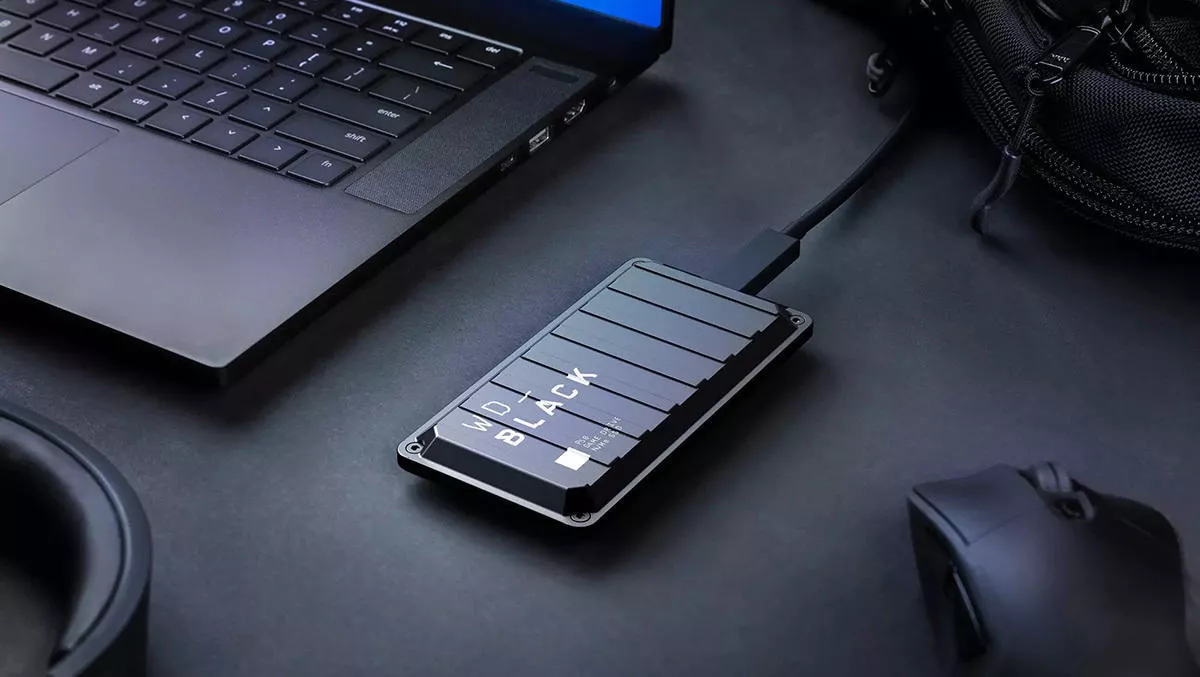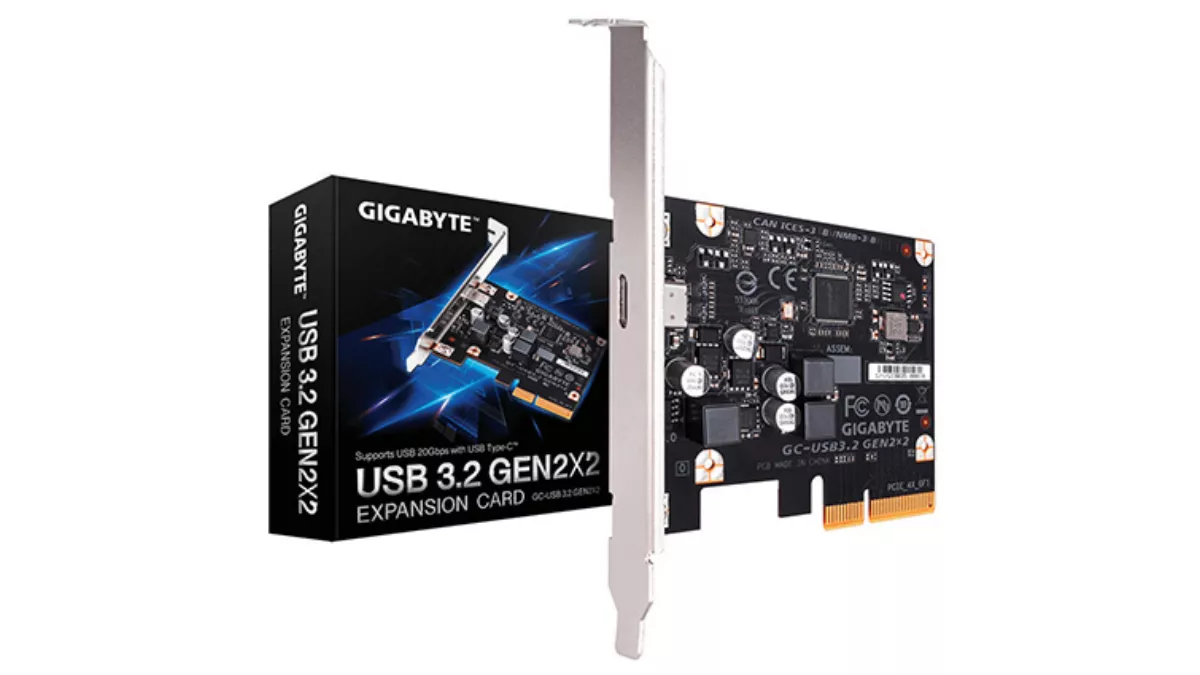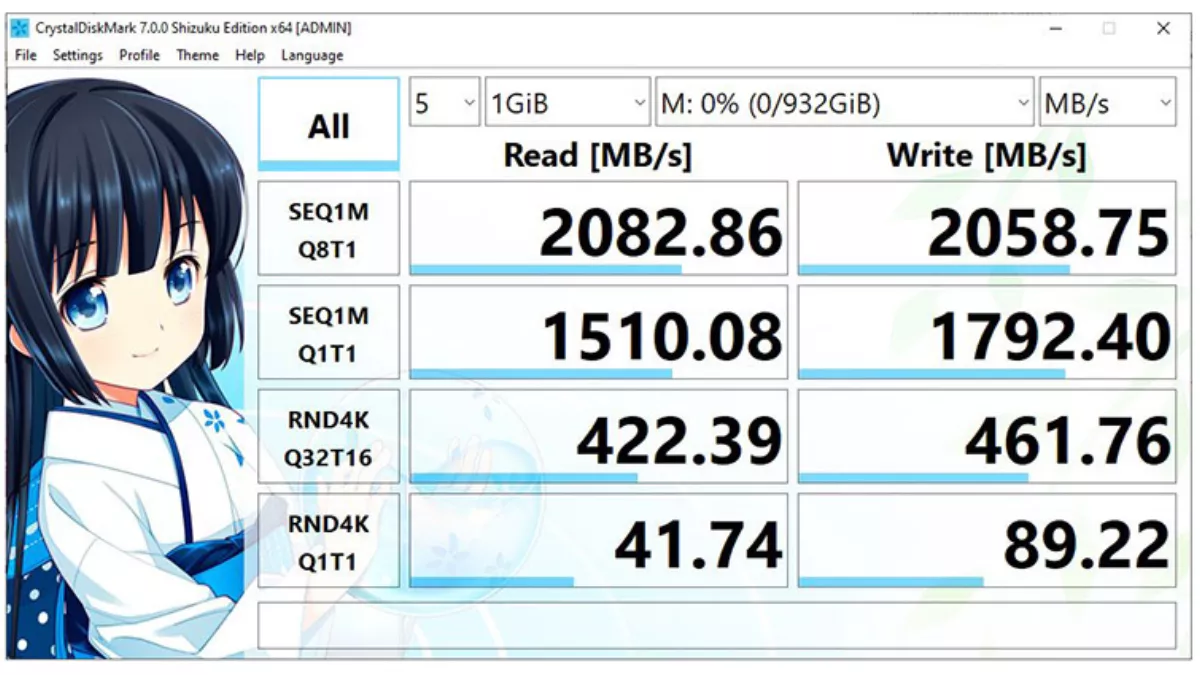
Western Digital WD_Black P50 Game Drive revisited
A while ago I checked out a WD_Black P50 Game Drive portable SSD. Whilst the mooted top speed according to the box was 2000MB/s, in my tests I got nowhere near that speed.
It's not unusual for technology manufacturers to be a little liberal with the truth, especially when it comes to hard drives. Ever wondered why your swanky new 1TB hard drive doesn't register as 1TB in Windows? Well, it's because hard drive manufactures count 1GB as being 1000MB, not the correct amount, being 1024MB. So, your advertised 1TB drive is really only 931.32GB.
When I reviewed the WD_Black P50 and got only half the advertised speed, I thought Western Digital were just being a bit creative.
In my review, I wrote, "The WD_Black P50 connected to a PC via the Type-C yielded a read speed of 1036.25 MB/s and a write speed of 1000.40 MB/s using Crystal DiskMark 7. That's quite a bit shy of the 2000 MB/s touted on the box.
At the time, I tested the drive on a brand-spanking-new Gigabyte Aorus Z490 motherboard. It was one of the first board designed for Intel's new 10th Gen CPUs. It was fair to assume that it had the latest tech on board. The Aorus motherboard had 4x USB 3.2 Gen 2 sockets. Not one gave me the advertised 2000MB/s speed. Similarly, when I tried the same tests using a new Aorus 5 laptop, it was the same result.

After publishing the review, Western Digital reached out to me saying that they were surprised with the results. They offered to send over a PCIe USB expansion card and get me to test the drive again.
The expansion card that they sent over was a Gigabyte USB 3.2 Gen 2x2 PCIe card. And there it is. Not only are USB connectors a devil to insert, but the labelling of the technology is also next level in confusion, as well.
USB 3.2 Gen 2 has a max bandwidth of around the 1000MB/s I originally got with the WD_Black during my testing. USB 3.2 Gen 2x2 doubles that speed by using two lanes of 10000MB/s at the same time, the advertised max 2000MB/s speed. These sorts of speeds are, however, limited to a USB Type-C connection.
After installing the USB expansion card, I re-tested the WD_Black P50. It probably won't surprise you to find that the drive breached the touted max speed, achieving a rather splendid 2082.86MB/s down and 2058.75MB/s up.

This is a phenomenal speed for a portable drive, especially if you regularly need to shift or backup large amounts of data. It also means any games installed on the drive will load in moments.
The only problem with this is that right now, USB 3.2 Gen 2x2 is not common. I'd never come across it and neither of the two brand new Z490 motherboards I've had in featured the technology, or have any of the laptops I've looked at recently. No games console is going to read or write anywhere near those sorts of speeds.
All credit to Western Digital, it is a limitation of today's devices and not that of their portable SSD, that many users will not see the fastest speeds the WD_Black P50 has to offer. Nevertheless, the drive is capable of breathtaking 2000MB/s transfer speeds. But perhaps the packaging should highlight that USB 3.2 Gen 2x2 is required for the top speeds.
There are a handful of motherboards that do support USB 3.2x2, with likely more to follow. Similarly, it is likely to become the standard for laptop USB Type-C interfaces. If your desktop doesn't natively support USB3.2x2 you can always upgrade, relatively cheaply, via Gigabyte's USB 3.2 Gen 2x2 expansion card.
The WD_Black is probably the fastest portable storage solution available. Even 1000MB/s is pretty good going. But if you can utilise 2000MB/s transfer speeds, you really are going to be laughing. In any case, this USB 3.2 Gen 2x2 drive is most certainly a fair bit more future proof than most other portable drives out there.


